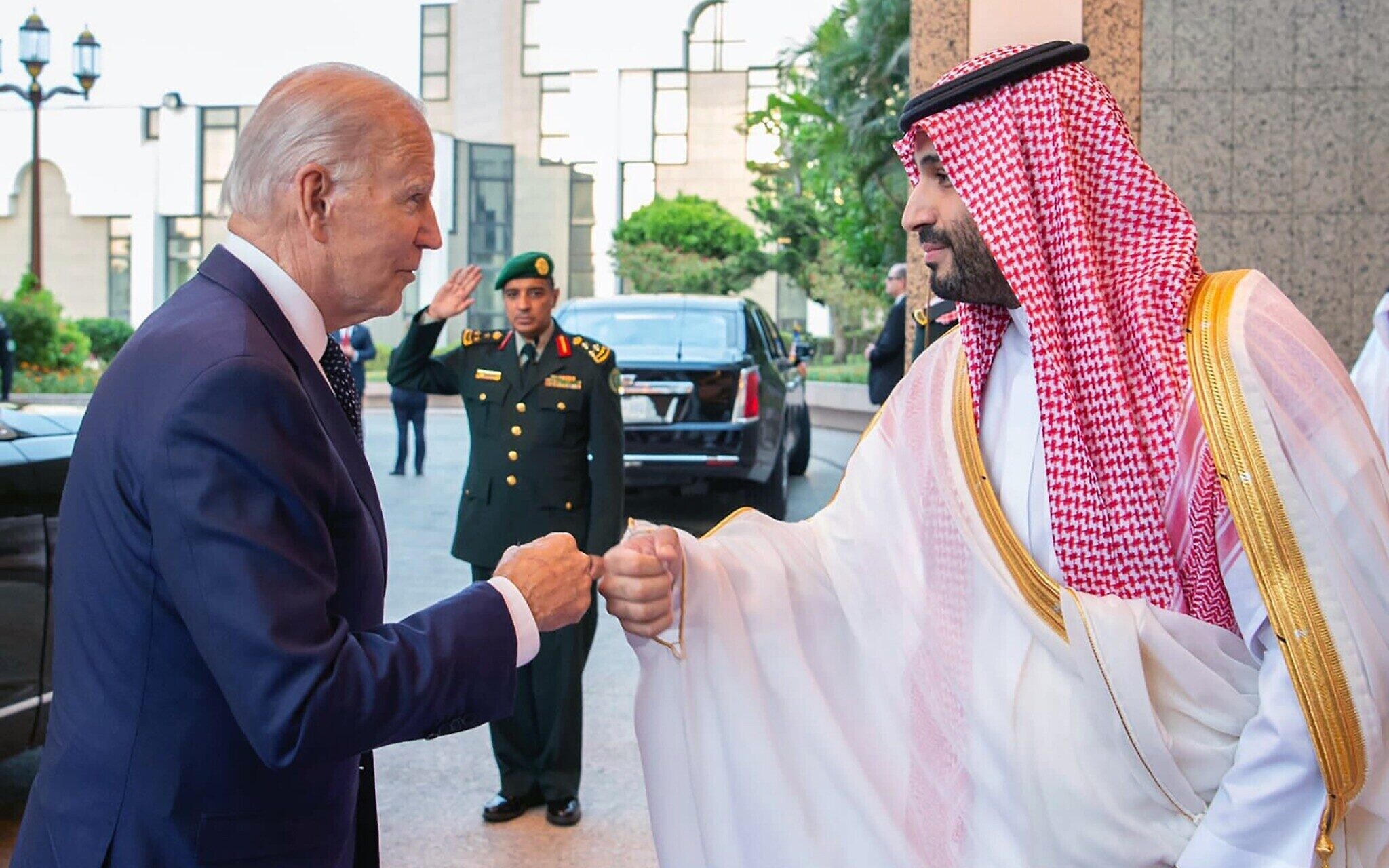The United States has made the establishment of diplomatic relations between Saudi Arabia and Israel a top priority, aiming to achieve a so-called ‘normalisation’ between the two countries. This move has raised questions about why the Biden administration is pursuing this goal right now and what potential implications it could have for the Middle East. While some experts argue that prioritising normalisation would leave the Palestinians behind, others view it as a means to address the underlying issues in the Arab-Israeli conflict. In the pursuit of this complex deal, the US faces challenges from both Saudi Arabia’s public opinion and the Israeli government’s stance on settlements and annexation. Amidst the complexities and potential hurdles, the question remains: Why is the US pushing for an Israeli-Saudi ‘normalisation’ deal at this moment?
Biden’s Perspective and the Complex Plan
US President Joe Biden’s administration views the Arab-Israeli conflict through a lens that puts the onus on Arab states to accept Israel, making normalisation a priority. New York Times columnist Thomas Friedman outlined a complex plan reportedly pursued by Biden, involving security guarantees for Saudi Arabia and assistance with a civilian nuclear program. While the framework may include some concessions to Palestinians, the deal would not directly involve them, leading to concerns about leaving the Palestinian issue unresolved.
Saudi Arabia’s Dilemma and Public Opinion
Saudi Arabia’s potential normalisation with Israel faces resistance from its citizens who do not support recognising Israel. To proceed with the deal, the Saudi government would need to consider its citizens’ views and demonstrate benefits for the Palestinians. While the Saudi Foreign Minister acknowledged the importance of addressing the Palestinian challenge, the prospect of a Saudi-Israeli deal raises skepticism among Palestinians who believe that the concessions offered would do little to address their plight.
Challenges in the Israeli Government and US Politics
The Israeli government, under Prime Minister Benjamin Netanyahu, has intensified settlement expansion and military actions in the West Bank, raising doubts about their willingness to concede anything, even on paper, for the Palestinians. Additionally, any potential treaty with Riyadh would require the approval of two-thirds of the US Senate, which could be challenging due to increasing criticism of Saudi Arabia and further US military involvement in the region. Nonetheless, Arab-Israeli normalisation remains popular among both major parties in Washington, making it a potential foreign policy win for President Biden in the run-up to the 2024 US election.
The pursuit of an Israeli-Saudi ‘normalisation’ deal raises both hope and concerns. While the Biden administration sees it as a means to address the underlying issues of the Arab-Israeli conflict, critics fear that it could sideline the Palestinian cause and have limited benefits. Saudi Arabia’s public opinion and the Israeli government’s stance on Palestinian issues pose significant challenges. Despite potential diplomatic gains for the US, many argue that a deal will do little to address the broader regional security or the Israeli occupation of Palestinian territories. As the discussions continue, the region watches with anticipation to see if this deal can strike a balance between diplomatic progress and justice for the Palestinian people.















